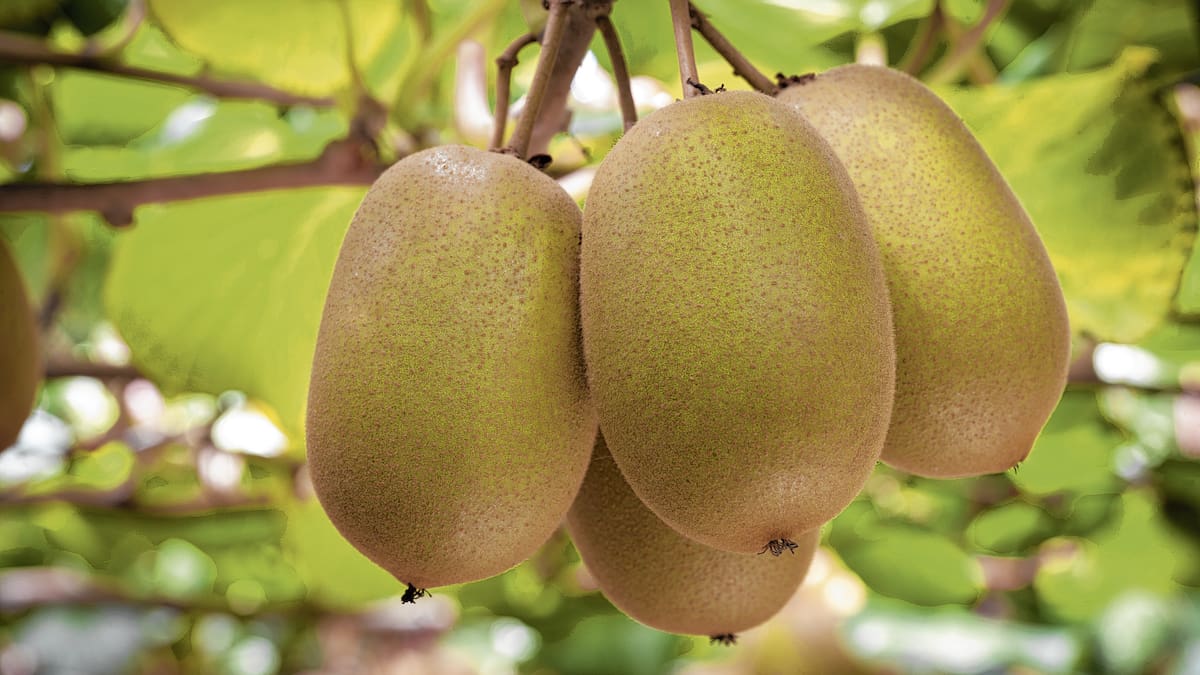This included damages of 5 million Chinese Yuan and expenses of 246,000 Chinese Yuan.
The court found the second defendant sold Gold3 fruit through an online store, but given the fruit originated from the primary defendant, the court considered the PVR rights to be sufficiently protected through its finding against the primary defendant.
Zespri chief executive Jason Te Brake.
Zespri chief executive Jason Te Brake said in the statement the outcome was a significant win for the New Zealand industry and its partners in China, and marked a major step in its efforts to protect the rights of New Zealand growers.
“This case demonstrates the increased protection for plant variety rights made possible by changes to China’s Seed Law in 2022 and the strong support of local authorities in safeguarding intellectual property rights.
“It also highlights the importance of intellectual property protection in horticulture, for local and foreign companies, and the role it plays in ensuring food safety for consumers.”
Te Brake said China was an important market for Zespri, and “this positive outcome will support ongoing investment to deliver high-value varieties for consumers around the world”.
He said as Zespri looked to strengthen grower value, it would continue efforts to work with the industry to find a constructive solution to the continuing changes seen in China associated with unauthorised Gold3 plantings.
BusinessDesk reported in January that New Zealand exported $857m worth of kiwifruit to China in the year ended September 2024, up from $733m the year prior, according to New Zealand Trade and Enterprise figures.

